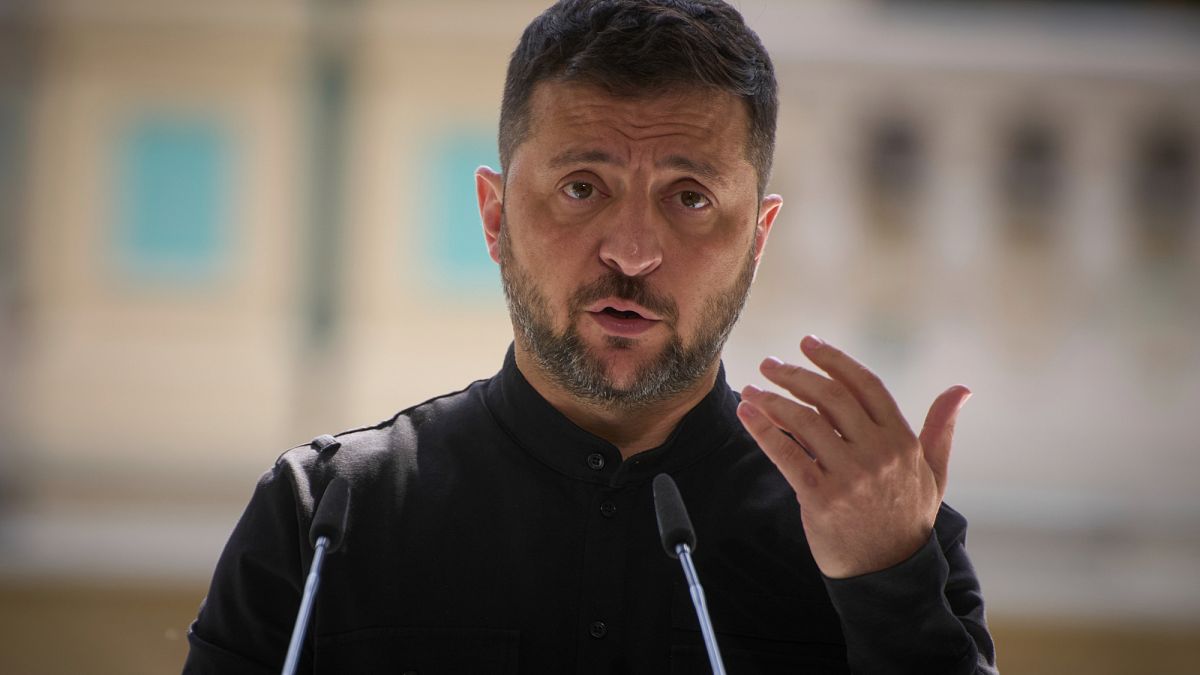

In an ever-evolving world, the diplomatic arena continues to reflect both the challenges and possibilities that shape our global society. Recent developments across various regions underscore the importance of dialogue and reconstruction efforts aimed at fostering peace and stability.
In Eastern Europe, Ukrainian President Volodymyr Zelenskyy has made a strategic bid for dialogue as he navigates ongoing tensions with Russia. Rejecting an invitation by Russian President Vladimir Putin to convene in Moscow, Zelenskyy instead extended an invitation for Putin to visit Kyiv. This move, described by Zelenskyy as more realistic, signifies Ukraine’s desire to invite open discussions on home ground, creating a platform that potentially aligns with their national interests while prioritizing dialogue over discord. The simplicity of this proposal contrasts the complexity of the geopolitical tensions, signaling a nuanced approach to diplomatic engagement.
Simultaneously, the art of diplomacy is being reimagined in Western Europe, where creative efforts are underway to enhance public understanding of diplomatic roles. The French Foreign Ministry has embarked on an intriguing campaign, often humorously termed “cheese diplomacy,” to elevate the profile of their diplomats. Recognizing that a lack of awareness can have significant repercussions, the French initiative aims to bring the intricacies of international relations to the forefront of public consciousness. By demystifying the often-overlooked craft of diplomacy, this approach hopes to foster a deeper appreciation and engagement from the wider public, effectively bridging gaps between government actions and citizen understanding.
Across the globe, discussions surrounding the rebuilding of Gaza emphasize the pivotal role of multilateral conversations in peacebuilding. As nations prepare for the upcoming UN General Assembly, the United States and the United Nations are collaborating on a comprehensive reconstruction plan for Gaza. Initiatives being considered include the establishment of a one-year technocratic government, the introduction of an international stabilization force, and the disarmament of Hamas. A profound rejection of proposed mass deportations underscores a commitment to peace without displacement. These discussions are not only critical for Gaza’s future but are emblematic of the delicate balance required to navigate political sensitivities. With countries such as the United Kingdom, France, Canada, Belgium, and Malta poised to recognize the state of Palestine, the Assembly aims to avoid discord, opting instead for a resolution plan that promises stability and hope. As world leaders convene, their speeches will echo the importance of these efforts, reinforcing commitments to constructive dialogue and peaceful evolution.
Traversing these disparate yet interconnected threads of diplomacy, the global landscape is marked by endeavors that seek deeper understanding and resolution. From Kyiv to Paris and Gaza, these developments reflect a shared commitment to dialogue, with an emphasis on collaboration and innovation. As we observe these steps toward transformation, the calm and composed tone of diplomacy serves as a reminder that even amid complexity, positive pathways can be forged. With diplomatic efforts continually evolving, the true essence of resolution lies in fostering connections that transcend traditional boundaries, encouraging a future where peace is nurtured and sustained.
Source: {link}
